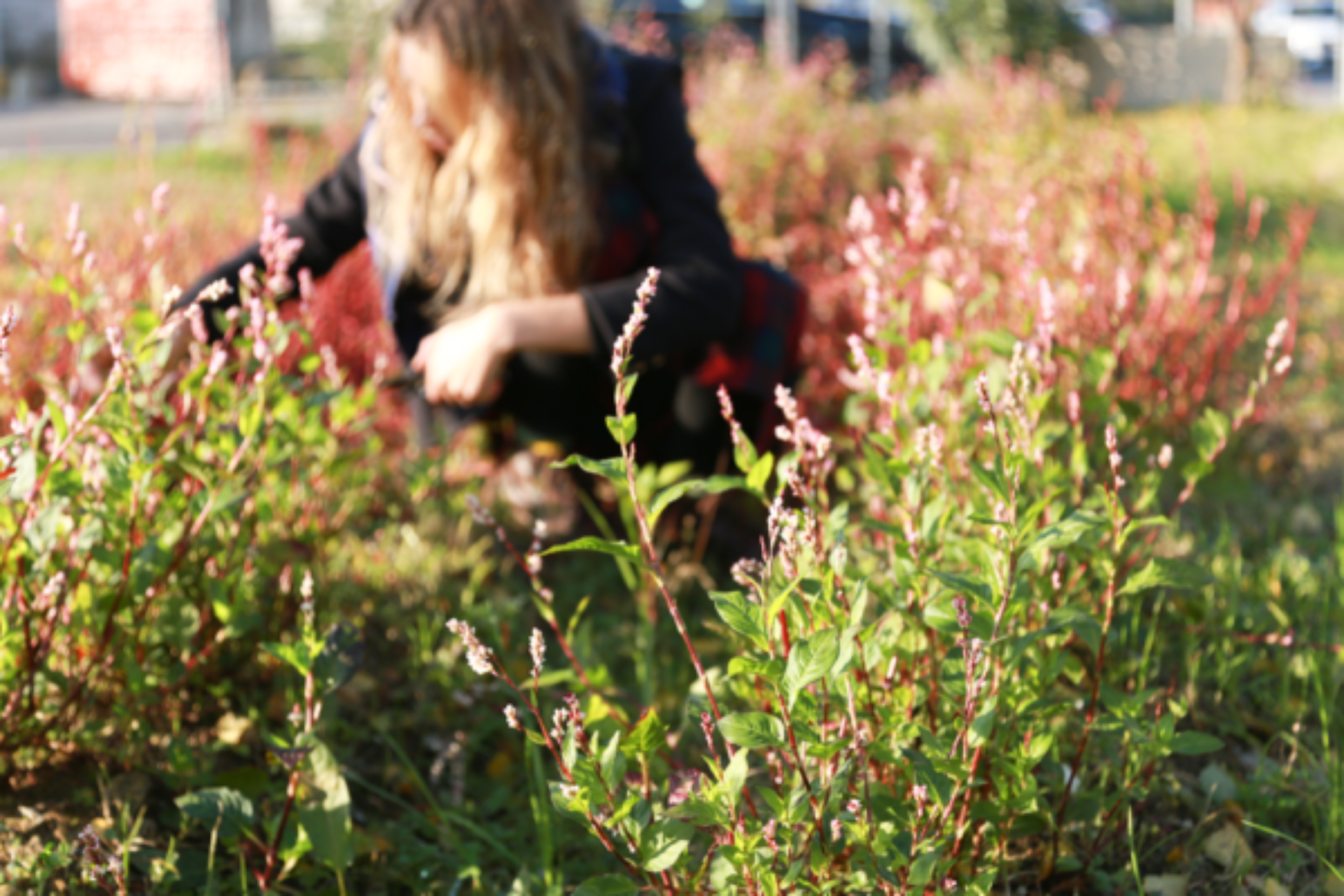Hydroponic System
AIP include Hydroponic system to indigo coltivation. Currently, the number of indigo farmers is declining, largely due to the limited compensation relative […]
– tinto a mano-
– tinto a mano-

AIP include Hydroponic system to indigo coltivation. Currently, the number of indigo farmers is declining, largely due to the limited compensation relative […]
THAYAHT Jumpsuit “TuTa” Thayaht was the pseudonym of artist and designer Ernesto Michahelles (1893–1959) best known for his revolutionary design of the TuTa and his […]
“Valley of the Wind ” is a movement to create an “alternative to the urban-intensive future” by making good use of technology. […]
The post-fast fashion world can be thought of as three types of manufacturing: using new fiber, using local fibers, and using fabrics […]
After harvesting the indigo leaves, they need to be thoroughly dried under the sun, especially during the summer season. This drying process […]
With the vegetable dyeing methods it is easy to create natural dyes that are fixed with mineral compounds: iron, copper and alum […]
My article was published in the Japanese newspaper, Ciao! JOURNAL No. 12 I made my first trip to Italy to visit the […]
With the indigo powder dyeing methods it is easy to make dyes by adding fructose or glucose. This process reduces oxygenation and […]
The precipitation method is a way to extract pigments from indigo plants. The advantage of this method is that a very intense […]